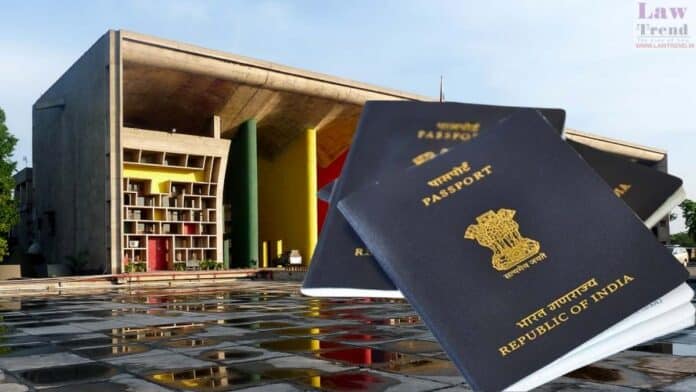The Punjab and Haryana High Court has ruled that an inadvertent mistake in mentioning a divorced spouse’s name in a passport application does not amount to “suppression of material information” under the Passports Act, 1967, and cannot be a ground for revoking the passport. In a judgment delivered on August 25, 2025, Justice Harsh Bunger
To Read More Please Subscribe to VIP Membership for Unlimited Access to All the Articles, Download Available Copies of Judgments/Order, Acess to Central/State Bare Acts, Advertisement Free Content, Access to More than 4000 Legal Drafts( Readymade Editable Formats of Suits, Petitions, Writs, Legal Notices, Divorce Petitions, 138 Notices, Bail Applications etc.) in Hindi and English.




